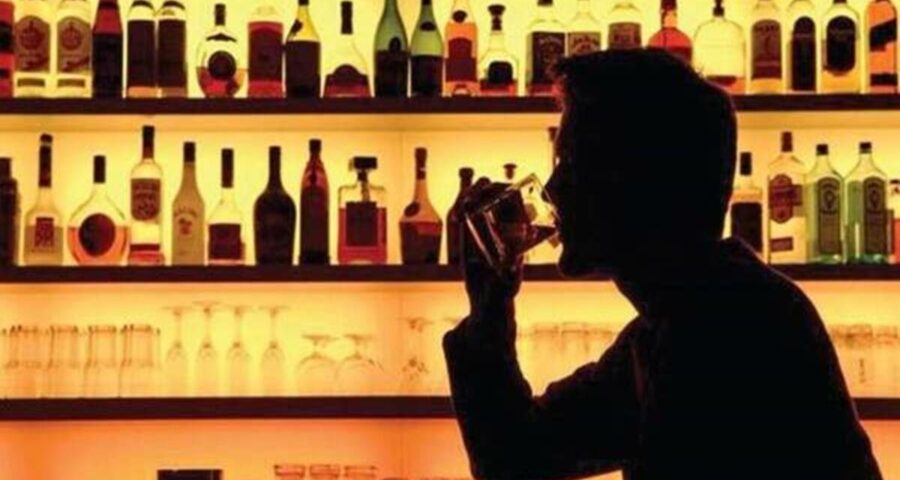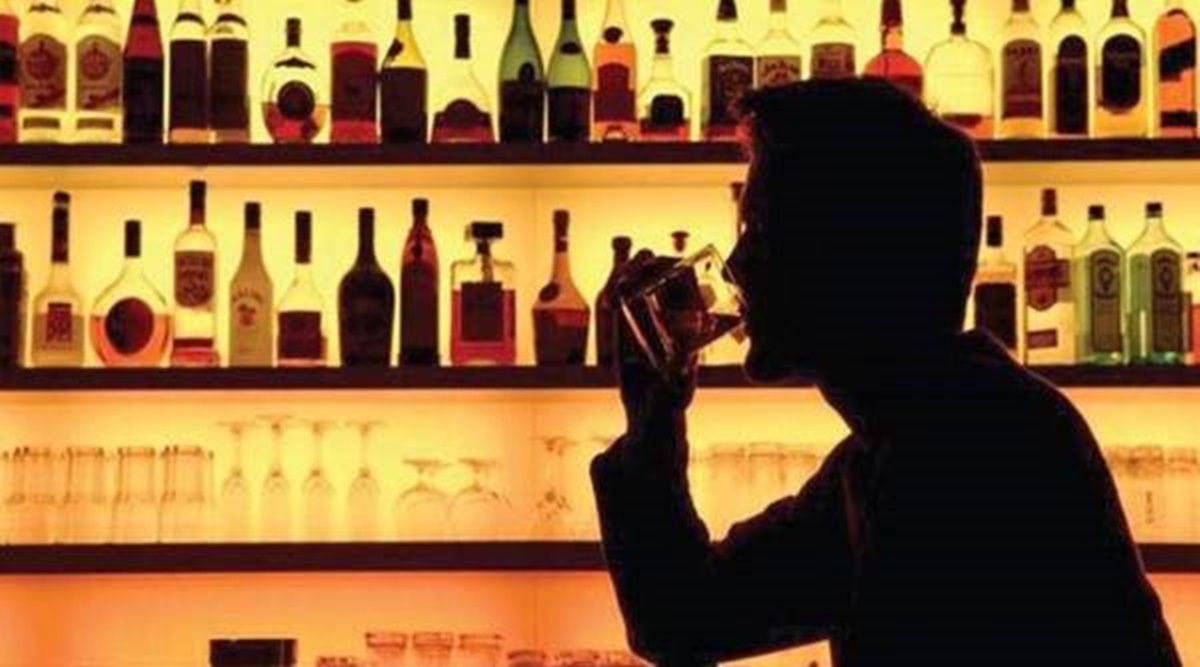The National Restaurant Association of India (NRAI), an umbrella body of more than 20,000 eateries across India, also welcomed the move.
Welcoming the capital’s amended excise policy, which allows them to serve liquor in open spaces such as terraces, balconies or courtyards, restaurants across Delhi say it will help the beleaguered sector look forward with a certain degree of hope.
Zorawar Kalra, founder and director of Massive Restaurants, which includes brands such as Farzi Cafe, Pa Pa Ya and Bo Tai, said, “In the wake of Covid, it’s a proven fact that sitting outdoors is safer. The move will increase footfall as it will help our patrons come to us with a sense of safety and confidence, which may not happen initially when it comes to enclosed spaces.”
The National Restaurant Association of India (NRAI), an umbrella body of more than 20,000 eateries across India, also welcomed the move. In fact, these were among some of the recommendations that the NRAI had recently submitted to the Delhi government, Anurag Katriar, its president, told The Indian Express.
Calling it a “progressive policy”, Katriar said, “We welcome and support the pathbreaking reforms made by the Delhi government in the new Excise Policy notified earlier today. As a significant stakeholder, NRAI was very actively involved in the deliberations preceding the policy rollout, and we are extremely happy to see that most of our suggestions have been incorporated.”
Kalra, whose two Bot-Tai Switch outlets and Swan in Delhi already have outdoor spaces for the service of liquor, added, “Outside India, in places like New York City, outdoor dining was allowed even during the seven months of the pandemic-related lockdown. In the days to come, open-air dining will gain more popularity in Delhi.”
The NRAI’s suggestions also included that liquor licence fee be rationalised on the basis of area instead of seat covers, and the age of selling/serving liquor be in consonance with that of the neighbouring states. In March, the Delhi government decided to reduce the minimum age for liquor consumption in the city from 25 to 21.
Katriar said they also suggested that “the archaic rules related to not allowing music in independent restaurants and pasting of public notice before grant of HCR licenses should be done away with, and also the impractical restrictions relating to storage and serving of liquor be removed”.
“We are confident that these reforms, which have been long pending, will go a long way in revolutionising the liquor trade in Delhi. This policy will provide better consumer experience, apart from enhancing the government revenues,” he added.
Rahul Singh, founder & CEO of The Beer Cafe, which has multiple outlets in Delhi, said, “We are stuck in offices and commute for most part of the day, which are artificially controlled. So getting fresh air or sunshine is key to well-being, and policymakers need to encourage outdoor dining.”
He added, “Being a cafe concept, we aspire to have bright and cheerful places which include a lot of sunshine and outdoors. Most of the beer cafe outlets in Delhi have outdoor spaces. And in every new outlet we locate, it’s a key aspect.”
However, he added that the policy should be the same in Delhi, Noida and Gurgaon. “The idea is to have a parity in the NCR, as the community base is common. It’s the state which divides these three cities, and liquor is a state subject.”
Kalra said that in the absence of a financial stimulus for the hospitality sector in the wake of lockdowns, this policy stimulus will help the beleaguered industry, which employs 7 lakh people. “We are hopeful of being included in the next financial stimulus package to be announced by the government,” he added.
Source: Read Full Article


